What is the campaign in which President Ho Chi Minh encouraged officers and soldiers through the saying "You must fight more valiantly, endure more hardships, maintain determination in all circumstances/Các chú phải chiến đấu anh dũng hơn chịu đựng gian khổ hơn phải giữ vững quyết tâm trong mọi hoàn cảnh"?
What is the campaign in which President Ho Chi Minh encouraged officers and soldiers through the saying "You must fight more valiantly, endure more hardships, maintain determination in all circumstances/Các chú phải chiến đấu anh dũng hơn chịu đựng gian khổ hơn phải giữ vững quyết tâm trong mọi hoàn cảnh"?
The saying "You must fight more valiantly, endure more hardships, maintain determination in all circumstances/Các chú phải chiến đấu anh dũng hơn chịu đựng gian khổ hơn phải giữ vững quyết tâm trong mọi hoàn cảnh" is one of the most emotional and powerful statements made by President Ho Chi Minh. This statement was sent by Uncle Ho to the officers and soldiers during a very significant historical period of resistance against the French, specifically during the Dien Bien Phu Campaign.
Students can refer to the following information about the saying "You must fight more valiantly, endure more hardships, maintain determination in all circumstances/Các chú phải chiến đấu anh dũng hơn chịu đựng gian khổ hơn phải giữ vững quyết tâm trong mọi hoàn cảnh" of the President Ho Chi Minh to encourage the officers and soldiers in the campaign:
| What is the campaign in which President Ho Chi Minh encouraged officers and soldiers through the saying "You must fight more valiantly, endure more hardships, maintain determination in all circumstances/Các chú phải chiến đấu anh dũng hơn chịu đựng gian khổ hơn phải giữ vững quyết tâm trong mọi hoàn cảnh"? The Dien Bien Phu Campaign was the largest and decisive military campaign of the resistance against the French colonialists. It was a battle that symbolized the seamless combination of military art and the indomitable fighting spirit of our army and people. In the context of a fiercely intense campaign with accumulating hardships, the fighting spirit of the troops might have wavered. Therefore, Uncle Ho's encouragement became the flame that ignited the determination of our entire army and people. The profound meaning of the phrase: Affirming the spirit of fighting: Uncle Ho's statement affirmed the resilient and undaunted fighting spirit of our army. He wanted the soldiers to overcome all difficulties and hardships, not retreat before any challenges. Uniting the army and the people: Uncle Ho's encouragement closely linked the army and the people, creating a strong united block ready to fight and sacrifice for the independence and freedom of the Fatherland. Enhancing determination: The phrase ignited a high level of determination in each soldier, helping them believe in the ultimate victory. Conveying trust: Uncle Ho conveyed trust in the strength of our army, believing that with unity and high determination, we would achieve the ultimate victory. Impact of the phrase: The phrase by Uncle Ho became a slogan, a tremendous source of motivation for our army and people throughout the resistance against the French. This phrase has: Inspired: Inspired millions of Vietnamese to rise up and fight for the independence and freedom of the Fatherland. Fostered patriotism: Aroused a passionate patriotism among each citizen. Contributed to the shared victory: Made a significant contribution to the glorious victory of the Dien Bien Phu Campaign and the resistance against the French. Conclusion: The saying "You must fight more valiantly, endure more hardships, maintain determination in all circumstances/Các chú phải chiến đấu anh dũng hơn chịu đựng gian khổ hơn phải giữ vững quyết tâm trong mọi hoàn cảnh" by President Ho Chi Minh is not a mere statement but a profound lesson on willpower, fortitude, and fighting spirit. This phrase has become an invaluable spiritual legacy, providing strength for generations of Vietnamese in the cause of building and defending the Fatherland. |
*Note: Information is for reference only./.
What are the features of History at the upper secondary level in Vietnam?
Under the General Education Program for History issued alongside Circular 32/2018/TT-BGDDT, the features of History at the upper secondary level in general are stipulated as follows:
- History is a subject belonging to the group of Social Sciences, selected based on career orientation at the upper secondary level.
- History aims to help students form and develop historical capabilities, a component of scientific capacity, while also contributing to the formation and development of the key traits and general abilities identified in the overall program.
- History plays a leading role in educating patriotism, national pride, historical traditions, and national culture. It helps students recognize and apply historical lessons to solve real-life problems, develop vision, and consolidate human values, community spirit, tolerance, and compassion; contributing to forming and developing the traits of Vietnamese citizens, and global citizens in the era's developmental trend.
- History forms and develops historical thinking, systematic thinking, critical thinking, skills in exploiting and using historical sources, recognizing, and presenting history logically across different times and spaces, and connecting the past with the present.
- History helps students recognize the scientific and practical value of history in modern social life, fostering an understanding and love for national and human history and culture; guiding students towards career choices such as social and humanities research, diplomacy, management, tourism activities, cultural industries, information, and communication, etc.
- The general education program for History systematizes and consolidates general historical knowledge at the basic education stage while helping students delve deeper into core historical knowledge through subjects and topics about world history, Southeast Asian history, and Vietnamese history. The teaching methods of History are implemented based on fundamental historical principles and modern educational methods.
What learning outcomes are required after learning History at the upper secondary level in Vietnam?
According to Section IV of the General Education Program for History promulgated together with Circular 32/2018/TT-BGDDT, the learning outcomes required after learning History at the upper secondary level in Vietnam are as follows:
(1) Regarding key traits and general capacities
The History subject contributes to the formation and development of key traits and general capacities at levels appropriate to the subject and grade level as stipulated in the overall program.
(2) Regarding distinct competence
The History curriculum helps students develop historical competence based on basic and advanced knowledge of world, regional, and Vietnamese history through a system of themes and subjects on political, economic, social, cultural, and civilizational history. Historical competence comprises the components of: exploring history, recognizing and thinking historically, applying learned knowledge and skills.
The specific manifestations of historical competence include:
- Exploring history includes:
+ Identifying various types of historical documents; understanding the content, exploiting, and using historical documents in the learning process.
+ Recounting and presenting orally or in writing the sequence of events, figures, and historical processes from simple to complex; determining historical events in specific space and time.
- Recognizing and thinking historically:
+ Explaining the origins, dynamics of historical events from simple to complex; pointing out historical development processes diachronically and synchronically; comparing the similarities and differences between historical events, explaining causal relationships in historical progression.
+ Providing personal opinions and evaluations of events, figures, and historical processes based on historical understanding and thinking; understanding the continuation and changes of history; thinking in different directions when considering, evaluating, or seeking answers about a historical event, figure, or process.
- Applying learned knowledge and skills:
Drawing historical lessons and applying historical knowledge to explain real-world issues; based on this foundation, having the ability to explore historical problems, develop creative capacity, access and process information from various sources, have awareness and lifelong self-learning capability in history.
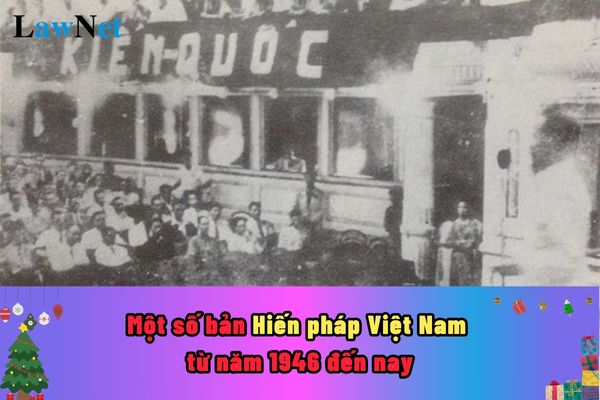
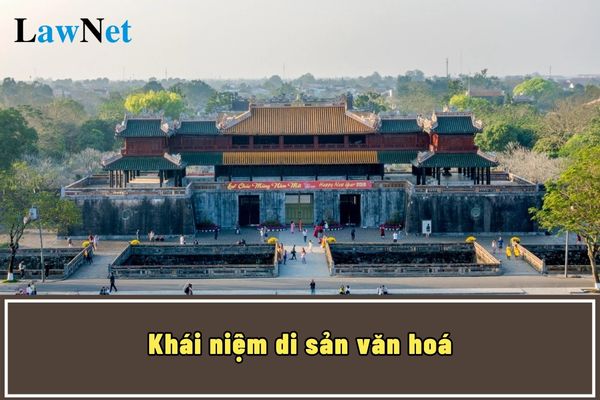
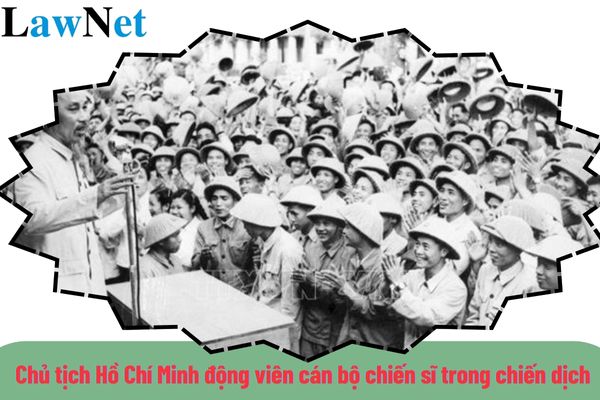
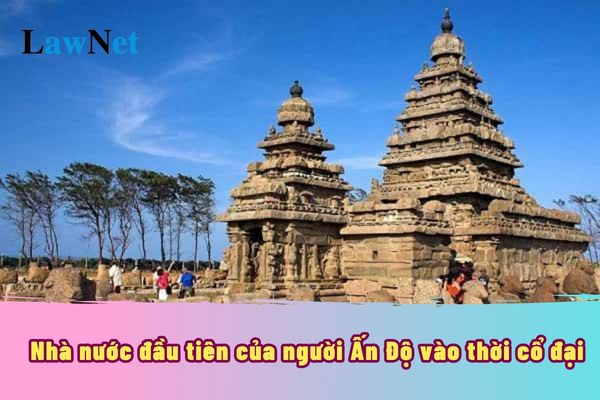
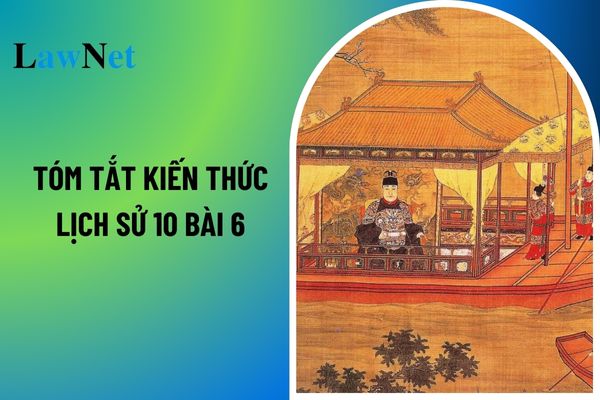
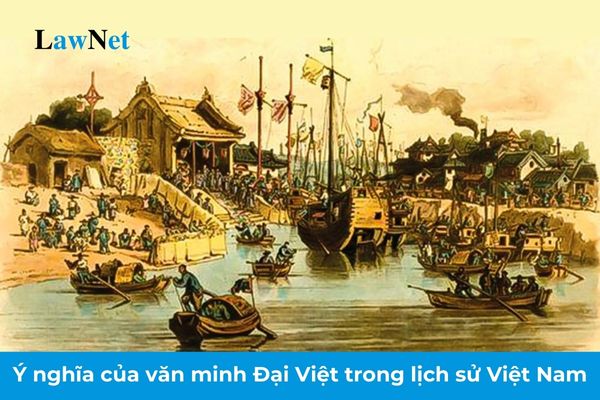
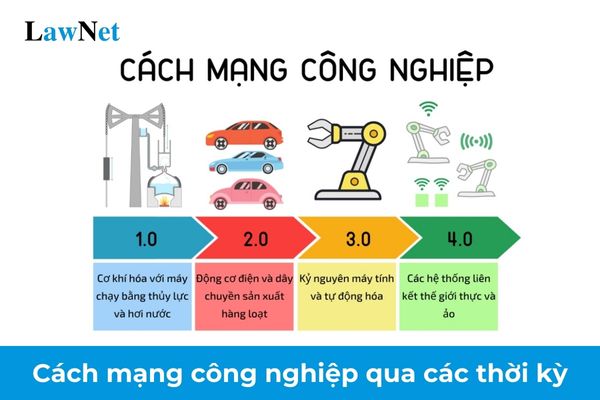
- What is the law on light reflection? What are details of the law on light reflection?
- What is the schedule of the AFF Cup 2024 (ASEAN Cup)? What are activities for physical education and sports in vocational education institutions in Vietnam?
- What is the schedule for the AFF Cup 2024 matches of the Vietnam National Team? Are students who are athletes in Vietnam eligible for a special exemption from high school graduation requirements?
- Vietnam: What are the guidelines for analysis of the poem "Tiến sĩ giấy"? What is the regulatory age of students entering lower secondary education?
- What is the location of Vietnam International Defense Exhibition 2024? Are students of all educational levels granted leave to visit the Vietnam International Defense Exhibition?
- What is the formula for calculating population density in Vietnam? What is the population density?
- Vietnam: What is the sample parent-teacher conference scenario at the end of the first semester of primary education? What are the regulations on the organization of parent committees?
- Vietnam: What is the sample outline for an essay on the analysis of the excerpt "The Last Leaf"? What are the assessment levels for learning results in the school year of 8th-grade students?
- What is the unit of power? When do students in Vietnam study the unit of power?
- What is the guidance for children to tell the story "Chuyện bốn mùa"? What is the age of students entering 2nd grade in Vietnam?

